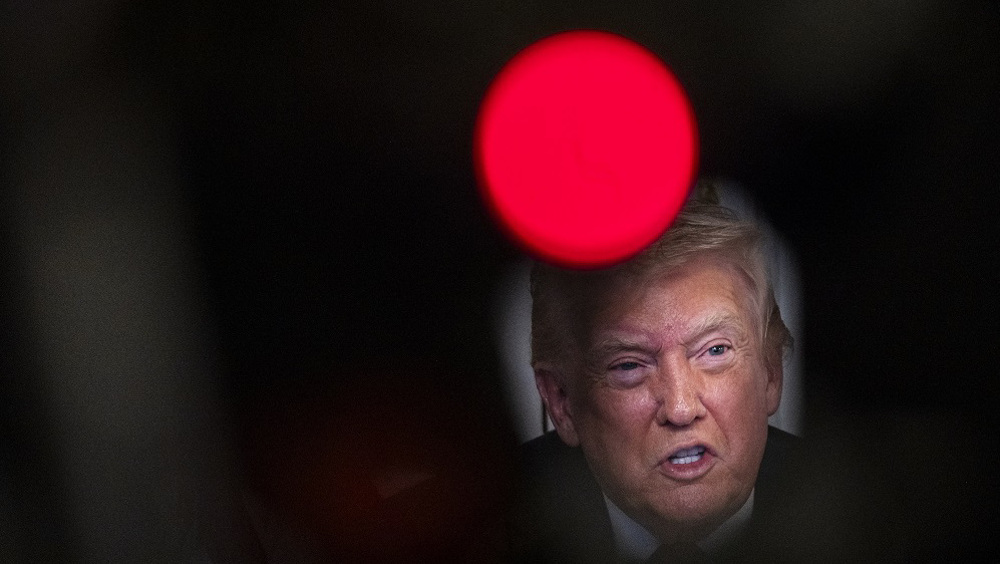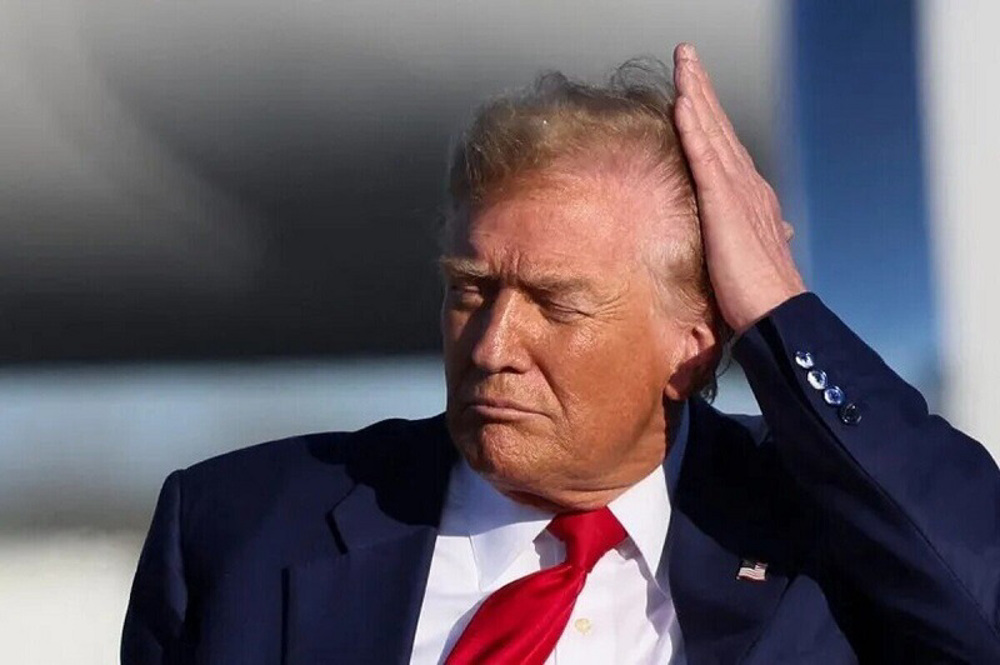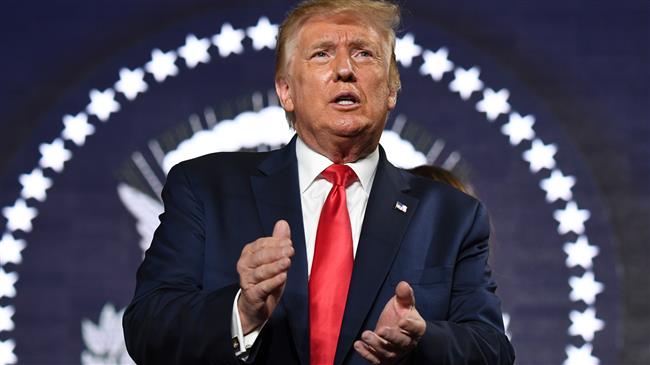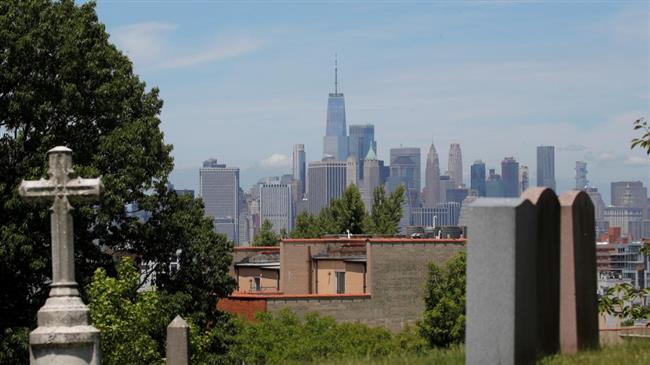US is 'headed into a difficult patch' amid pandemic: Former Treasury secretary
The United States is “headed into a difficult patch” amid the coronavirus pandemic and the financial problems it has caused, says Lawrence H. Summers, former secretary of US Treasury.
Summers, also a Wall Street Week contributor, made the remarks while discussing the US economy and the impact of the election on markets on “Bloomberg Balance of Power: 2020 US Presidential Election.”
His comments come as Republican Donald Trump and his Democratic rival Joe Biden are vying for the presidency as results roll in across the US with counting still underway.
Trump, whose administration has been under criticism by Biden and others over its handling of the pandemic, has been able to reach a deal with Congress over the virus aid package.
House Speaker Nancy Pelosi (Democrat) wants a comprehensive coronavirus aid bill of at least $2.2 trillion, but the Senate's Republican majority balked and before the election that chamber did not even pass a pared-down $500 billion measure.
On Wednesday, the number of new coronavirus cases recorded in a single day in the United States topped 100,000 for the first time, setting a record in the monthslong pandemic, according to NBC News data.
The data showed there were 104,429 new cases, breaking the single-day record of 98,583 new cases set last week.
So far this year, over 235,000 people across the United States have died from the virus, the most in the world. Hospitalization numbers are increasing across the Midwest and the Southwest.
“We’re headed into a difficult patch because the medical situations looking far worse than people would have guessed six weeks ago,” Summers said.
“We’re headed into a difficult patch because inexplicably the president and Congress were unable to agree on further income support measures for American households and further stimulus to the economy more broadly.”
“We’re headed into a difficult patch because financial problems that were postponed in many cases involving homeowners with difficulty on their mortgages or tenants with difficulty on their rents are likely to come to a head in the next several months so I’m very nervous about the picture looking out six to nine months for the economy unless very substantial actions are taken,” he added.
US abduction of Maduro makes world less safe, signals impunity: UN
Iran’s breakthrough oral SMA drug sparks hope for rare disease patients worldwide
VIDEO | Alliance turned battlefield
Venezuela’s Iran embassy: US misjudged Maduro, expected a Noriega, found a Mandela
'Security a red line': Iran vows 'decisive' response to threats
Iran not afraid of enemy, will not submit to US domination: IRGC
Iran foils foreign-linked sedition network, arrests armed suspects
UK acting as US vassal state on Venezuela















 This makes it easy to access the Press TV website
This makes it easy to access the Press TV website